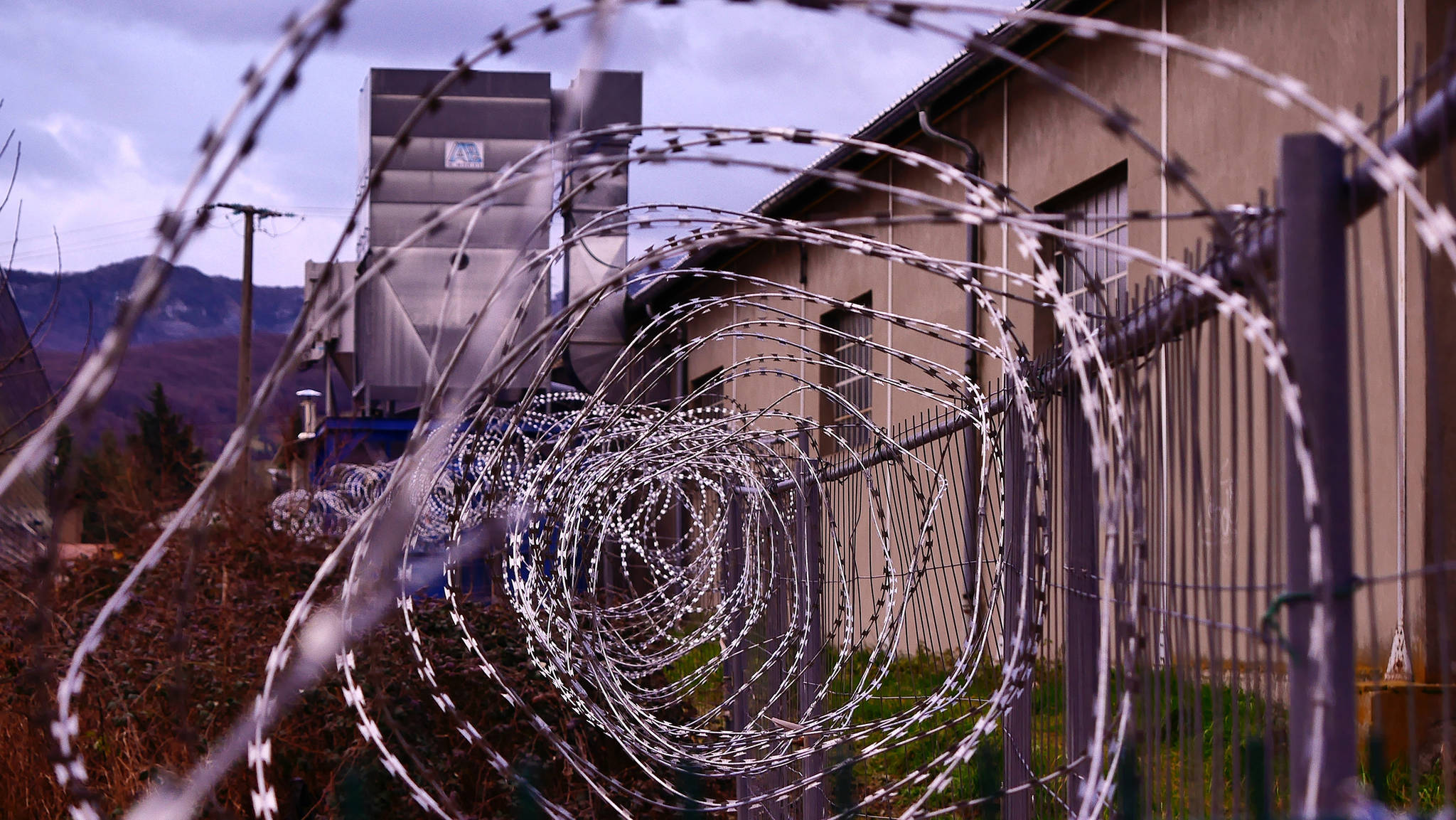11.2 percent. More than 1 in 10.
This is the number of adults in Alaska, that had experienced having a family member in jail at some point during their childhood. Seventy percent of those reporting an incarcerated family member grew up with four or more adverse childhood experiences (i.e. witnessed or experienced domestic violence, substance abuse in the household, sexual abuse, neglect, emotional abuse, household mental illness). These ACEs can lead to physical and mental health issues later in life. R.O.C.K. Juneau, the Juneau School District, AWARE, Zach Gordon Youth Center, AEYC, CCHITA and many other local and statewide programs are working together to reduce adverse childhood experiences (ACEs) in our communities. We are working to reduce ACEs and increase protective factors and resilience in young people and families.
Children whose parent(s) are in jail often are typically placed in the temporary custody of the single (non-incarcerated) parent, or a family member, most often a grandparent. Foster care is sometimes necessary. This can be a very challenging time for the children as well as their caretakers.
Support and connections are so essential and valuable to those that find themselves in a caretaker role, which can occur very quickly through difficult circumstances. If someone becomes a caretaker for a child or teen due to parental incarceration, substance abuse and mental health instability, the unfortunate stigma often attached to those challenges can further alienate caretakers from others in the community.
When we support these caretakers, we are supporting the kids they are caring for.
Lemon Creek Correctional Center recently implemented a program called New Chapter, to support loving communication between incarcerated parents and their children. Incarcerated parents can record a video of themselves reading a book, poem or letter to send to their child. Because of the size of Alaska, children may be located too far from their incarcerated parent to be able to visit in person. This program allows the child to feel a strong sense of connection to their parent.
Help, in many forms is needed for the families and children impacted by an incarcerated parent. Support is needed to assist with the many changing feelings, such as grief, shame and denial. Children most of all need generous support from our Juneau community, whether through our faith communities, parenting programs, supportive friends and circles, health care providers and schools — to understand the impact of adverse childhood experiences, the right-now struggle of living without a parent. These children and teens need to experience meaningful connection, love and opportunity to be resilient to the challenges they are facing.
If you’re aware of a family affected by incarceration, please open your heart and mind just a little wider.
Let’s all ask ourselves, “How can we support this caretaker or child’s need? How are the needs of these children and caretakers different from or the same of our own needs? How can I, as an individual, help build stability and resilience in this family?”
Let’s make Juneau a more kind, supportive and safe place to be a child or teen.
Tayler Shae is the Early Literacy Outreach Coordinator with AEYC and Becky Roth is the coordinator for R.O.C.K. Juneau. They can each be contacted at ROCKJuneau@gmail.com. R.O.C.K. Juneau (Raising Our Children with Kindness) is a monthly column that continues the kindness celebration by hosting a Year of Kindness for Kids during 2018.

